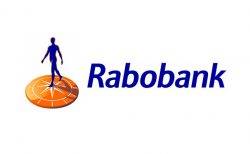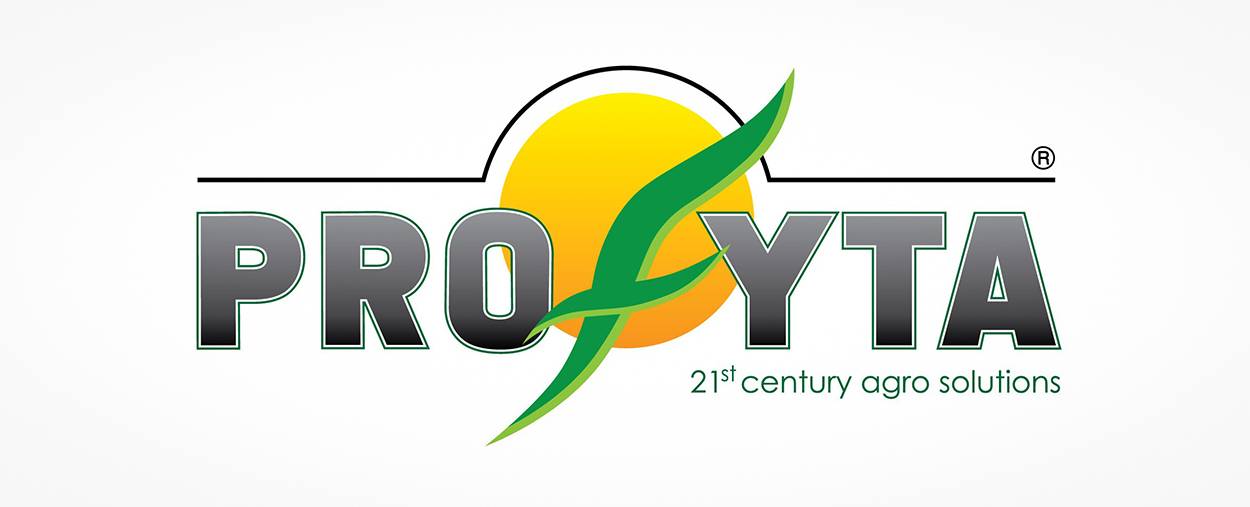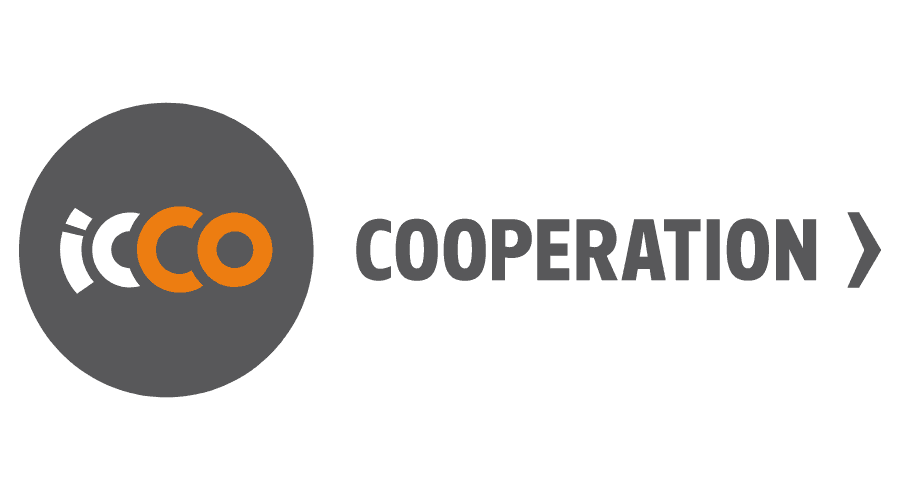At Kairoh Garden in The Gambia, students from Delft are spearheading a groundbreaking hydroponics project, introducing this innovative technology to schools and community gardens for women groups. Given The Gambia’s limited rainfall (only three months per year), hydroponics emerges as a water-saving solution with immense potential.
Tasked with teaching entrepreneurship at a local school, the students went beyond conventional methods, collaborating with students to build a cost-effective hydroponic system. This system, designed with local materials, serves as a practical model for testing and acclimating to the technology, addressing the crucial question of reproducibility at a low cost.
However, the students acknowledge certain limitations. To ensure the success of hydroponics for women in community gardens, key conditions must be met, including easy access to affordable nutrients, a pump-free system, careful handling by users, and bridging the gap between harvesting and market access to make it economically attractive. The students emphasize that for hydroponics to flourish, a delicate balance must be struck—nutrients must be accessible for women to adopt the system, but businesses will only invest in providing these resources if hydroponics proves successful with a customer base.
Despite challenges, the students see hydroponics as a transformative solution for issues like water scarcity, weed control, and labor-intensive tasks. With thoughtful planning and community support, hydroponics holds the promise of empowering Gambian women in their agricultural endeavors.

































